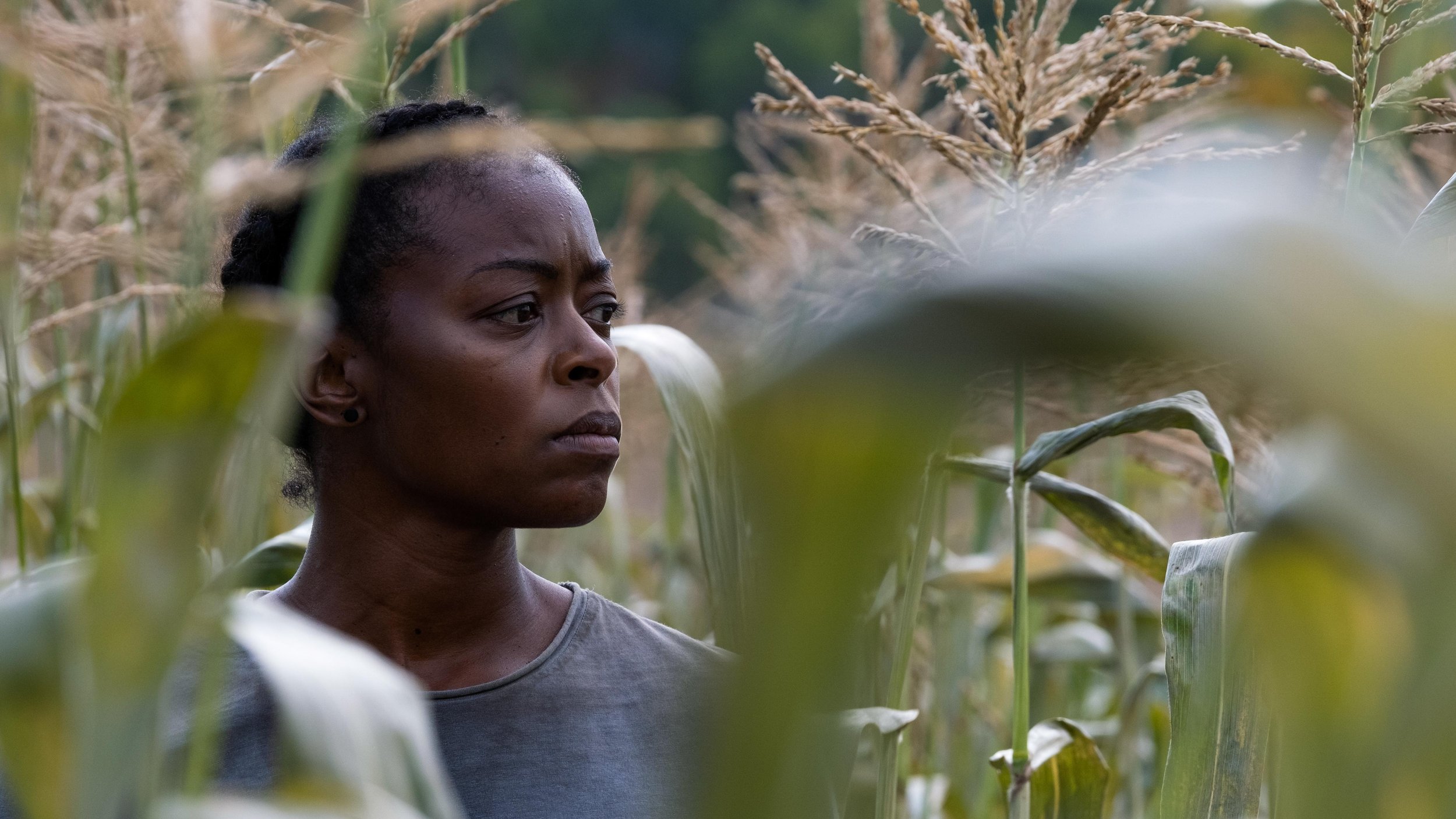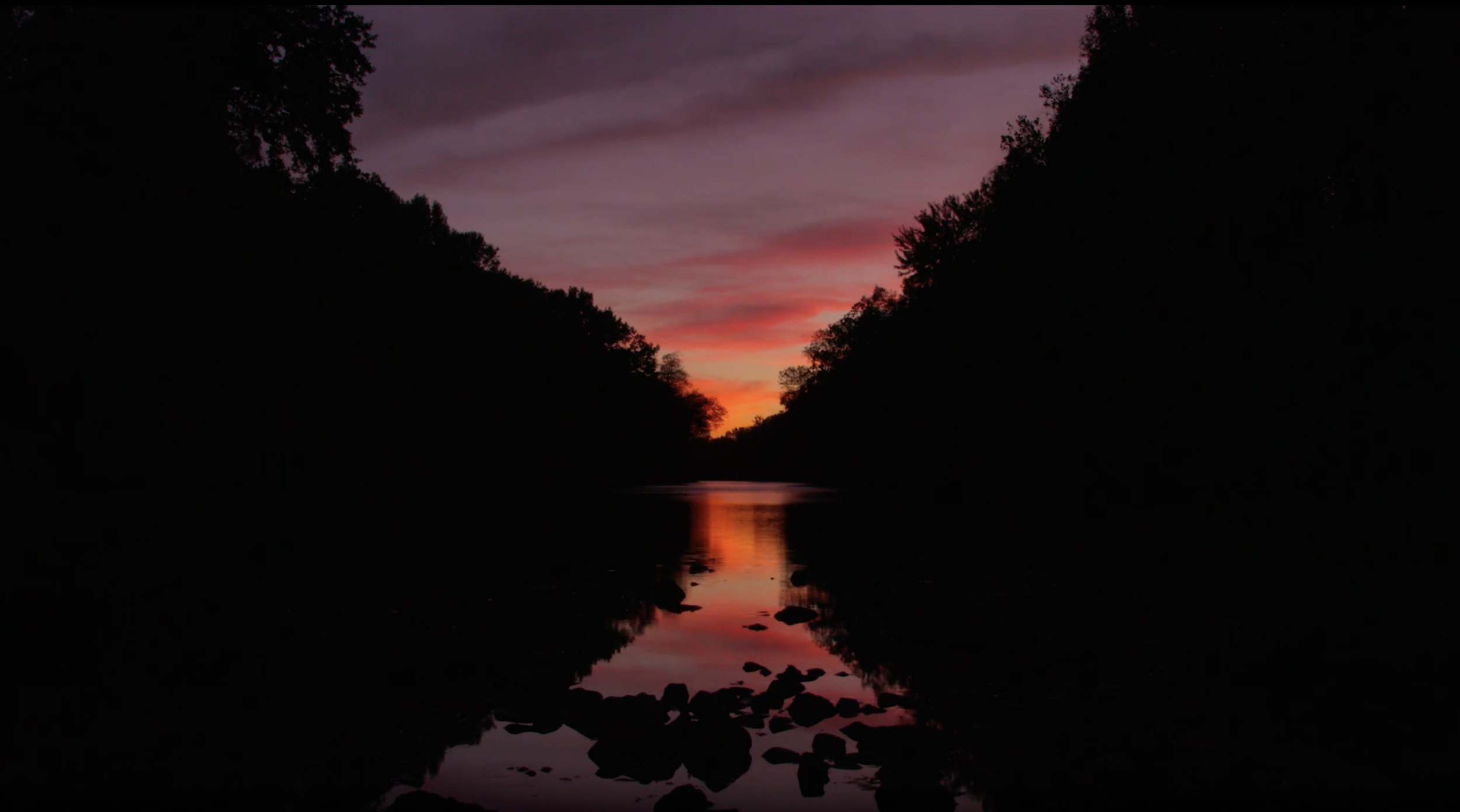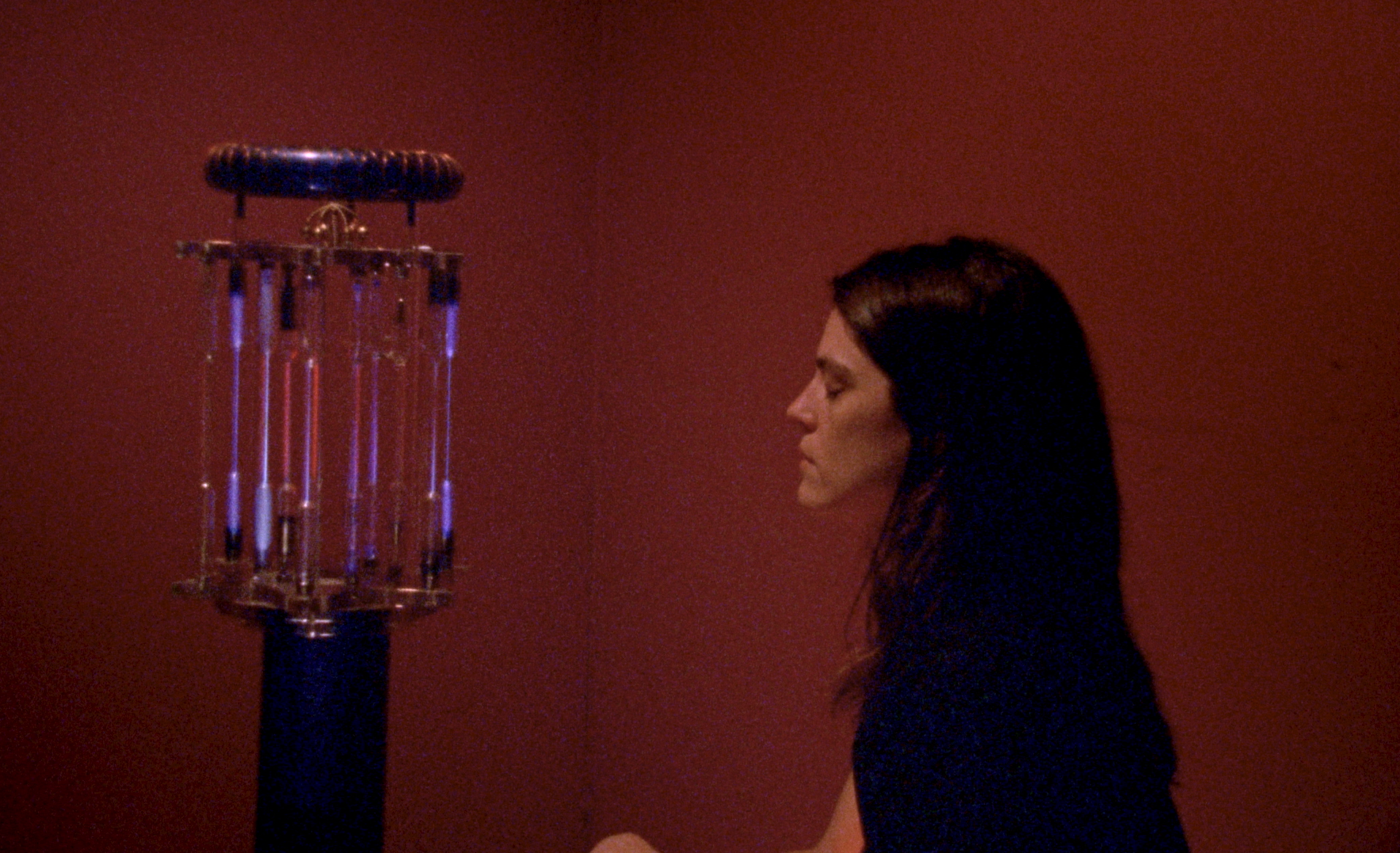
SIFF 2025: Day 2 Journal
May 16th, 2025 / Kevin Ward
Capsule Reviews of everything screened at the Seattle International Film Festival 2025
Chain Reactions
—❤️❤️❤️❤️🖤 —
Chain Reactions is an insightful and bloody valentine to The Texas Chainsaw Massacre, a film I embarrassingly only just watched for the first time—despite being a lifelong slasher fan. Patton Oswalt offers a fan’s perspective, but I never tire of hearing directors talk about their creative influences. Takashi Miike and Karyn Kusama both eloquently describing how TCM shook something loose in them creatively. Miike in particular draws a line from Leatherface’s grotesque theater of violence to his own transgressive work, He also mentions how it made everyone in Japan think Texas was a really dangerous place. Karyn Kusama speaks to how her own work draws influence from a deeper, subtextual reading of Chainsaw—seeing it not just as horror, but as a critique of societal structures. Stephen King and Alexandra Heller-Nicholas round out the lineup of five voices that each reflect a different facet of the film’s legacy.
Chain Reactions tracks the seismic aftershocks of one of horror’s rawest, most enduring texts. Even if you’re late to the massacre like I was, it’s thrilling to see just how many artists are still haunted—and inspired—by it.
How to Build a Library
—❤️❤️❤️🖤🖤—
“One of the most glaring fault lines in the construction of the Kenyan nation is not the absence of memory, but rather the deliberate institutionalization of amnesia.” — Dr. Joyce Nyairo
How to Build a Library follows the creation of a public library in Nairobi, tracing the logistical, cultural, and ideological hurdles that shape its development. It’s at its most compelling when it dives into the surprisingly loaded questions of how to organize knowledge—like whether to adopt the Dewey Decimal System, despite its Western bias and limitations around African languages. These debates are both enlightening and frustrating, especially as the project keeps veering into political territory—not because it wants to, but because that’s where the funding is. The film subtly questions whether the compromises made to satisfy donors end up diluting the institution’s core purpose. Fascinating, if often disheartening.
40 Acres
—❤️❤️❤️❤️💔 —
40 Acres is a gripping post-apocalyptic thriller that delivers intense action while weaving in thought-provoking themes of survival, cultural preservation, and generational trauma. Set in a dystopian future where food scarcity has driven society into chaos, the film follows the Freeman family—Hailey and Galen Freeman, played with commanding presence by Danielle Deadwyler and Michael Greyeyes—as they defend their farmland from violent marauders with a taste for human flesh. The film merges elements of dystopian horror, action, and family drama, creating a relentless experience that never lets up.
Thematically, 40 Acres is rich with cultural references and historical weight. The title itself alludes to the unfulfilled Reconstruction-era promise of “40 acres and a mule” for freed Black Americans, and the film explicitly nods to Octavia Butler’s Parable of the Sower, a novel about resilience in the face of societal collapse. These influences are embedded organically into the story, never overwhelming the action but reinforcing the film’s underlying message about survival, legacy, and the costs of fighting for one's land.
As a directorial debut, R.T. Thorne demonstrates a strong command of tension, pacing, and brutal action choreography. The fight sequences are visceral, with Deadwyler and Greyeyes delivering raw, physical performances that make every punch, slash, and gunshot feel weighty. The gore is plentiful, and the film doesn’t shy away from showcasing the horrors of this new world, making each encounter with the cannibalistic raiders pulse with dread.
The film immediately pulls you in with a striking opening sequence, setting the tone for a relentless ride that doesn’t disappoint. The film closes with Slow Up by Jacob Banks, a song that perfectly captures the themes of resilience and perseverance. R.T. Thorne's background in music videos is apparent throughout, with a wonderful use of music that evokes emotion in just the right moments.
Originally reviewed following its screening at SXSW 2025.
Drowned Land
—❤️❤️❤️💔🖤 —
Drowned Land is a quietly powerful documentary about the ongoing fight to protect the Kiamichi River in southeastern Oklahoma. As corporations and government agencies push damming and diversion projects, local advocates, scientists, and Choctaw culture-keepers speak to the deep ecological and cultural harm at stake. The film draws a clear connection between environmental exploitation and the long history of Indigenous displacement, showing how this struggle is about more than water—it’s about sovereignty, survival, and breaking cycles of harm. Thoughtful and grounded, Drowned Land makes a compelling case for listening to those who’ve always lived in relationship with the land.
Invention
—❤️❤️💔🖤🖤—
Invention is an experimental elegy masquerading as a mystery. It follows Carrie (played by Callie Hernandez) as she inherits a cryptic patent from her conspiracy-loving father and sets out to uncover its meaning—if any. The story appears to be one of grief, obsession, and the strange artifacts left behind by those we’ve lost. But what makes the film so striking is what it doesn't reveal upfront: this isn’t entirely fiction. The archive clips of Carrie's eccentric father pitching his inventions on local TV? They're real, and they’re actually Hernandez’s own late father.
Those segments were, ironically, my favorite part when I assumed they were clever recreations—pitch-perfect nods to 80’s local TV weirdness and fringe inventors. Learning they were real gave the film a more personal charge, but also left me slightly disappointed, having stripped it of the artistry I had projected onto them. That tension between performance and reality is part of what makes Courtney Stephens’ film so layered, though it may require a rewatch with this new understanding to fully appreciate. The film resists conventional narrative catharsis, and without knowing the backstory, the emotional stakes can feel rather opaque.




